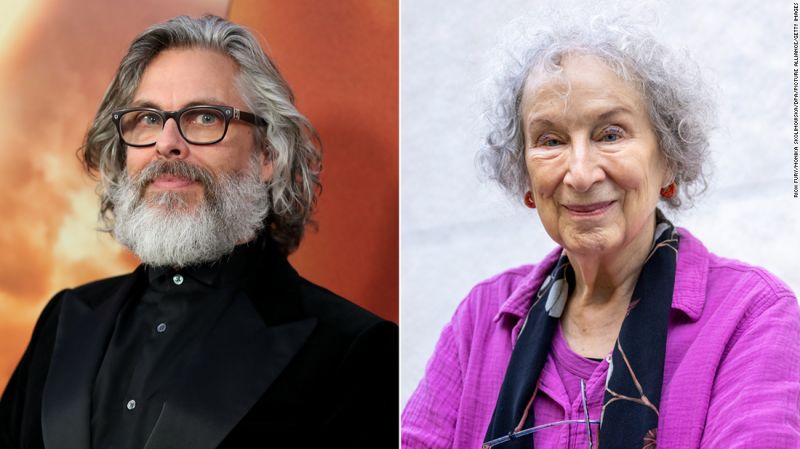- cross-posted to:
- [email protected]
- [email protected]
- [email protected]
- cross-posted to:
- [email protected]
- [email protected]
- [email protected]
Thousands of authors demand payment from AI companies for use of copyrighted works::Thousands of published authors are requesting payment from tech companies for the use of their copyrighted works in training artificial intelligence tools, marking the latest intellectual property critique to target AI development.



Because it would be totally clear to anyone that reciting the lyrics of a song is not a transformative work, but instead covered by copyright.
The only reason why you can legally do it, is because you are not big enough to be worth suing.
Try singing a copyrighted song in TV.
For example, until it became clear that Warner/Chappell didn’t actually own the rights to “Happy Birthday To You”, they’d sue anyone who sung that song in any kind of broadcast or other big public thing.
Quote from Wikipedia:
So if a human isn’t allowed to reproduce copyrighted works in a commercial fashion, what would make you think that a computer reproducing copyrighted works would be ok?
And regarding derivative works:
Check out Vanilla Ice vs Queen. Vanilla Ice just used 7 notes from the Queen song “Under Pressure” in his song “Ice Ice Baby”.
That was enough that he had to pay royalties for that.
So if a human has to pay for “borrowing” seven notes from a copyrighted work, why would a computer not have to?
The key there is anyone profiting from the copyrighted work. I’ve been to big public events where the have sung Happy Birthday, things that may very have been recorded but none of us were sued because there was no damages, no profits lost.
The other big question is what are these lawsuits basing their complaint on. If I understand the Sarah Silverman claim is that she could go into ChatGPT and ask it for pages from her book and it generated them. Never once have i used ChatGPT and had it generate pages from her book so the question is the difference between my and her experience? The difference is she asked for that material. This may seem trivial but on the basis of how the technology works it’s important.
You can go through their LLM and no where will you find her book. No where will you find pages of her book. No where will you find encoded or encrypted versions of her book. Rather, you’ll find a data model with values showing the probability of a text output for given prompts. The model sometime generates valid responses and sometimes it gives wrong answers. Why? Because its a language model and not a library of text.
So the question now becomes, what is it the content creators are upset about? The fact that they asked it to generate content that turned out to match their own or that their content was used to teach the LLM. Because in no case is there a computer somewhere that has their text verbatim existing somewhere waiting to be displayed. If its about the output then I’d want to know how this is different than singing happy birthday. If I’m prompting the AI and then there are no damages, i don’t use it for anything of fiduciary gains I’m not seeing an issue.